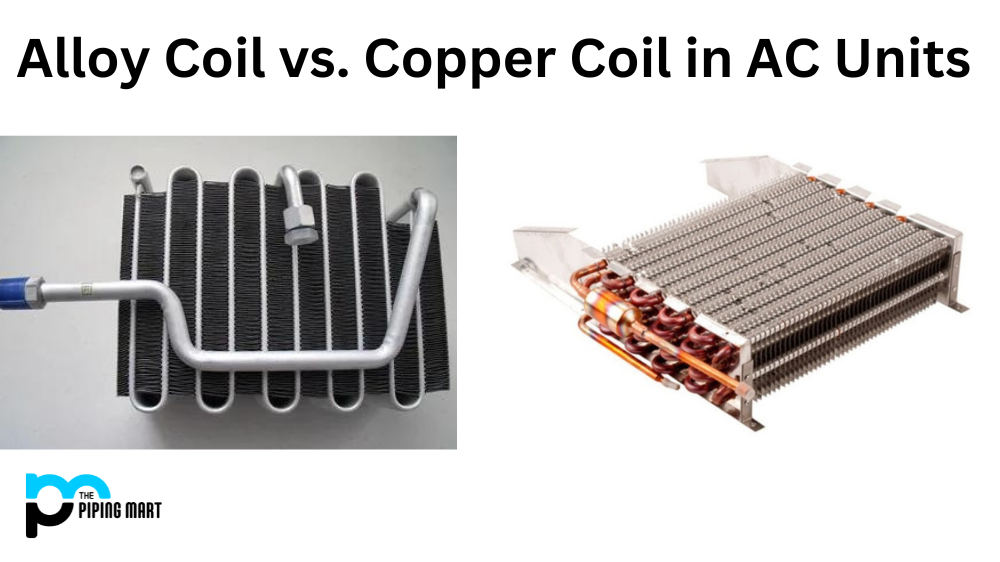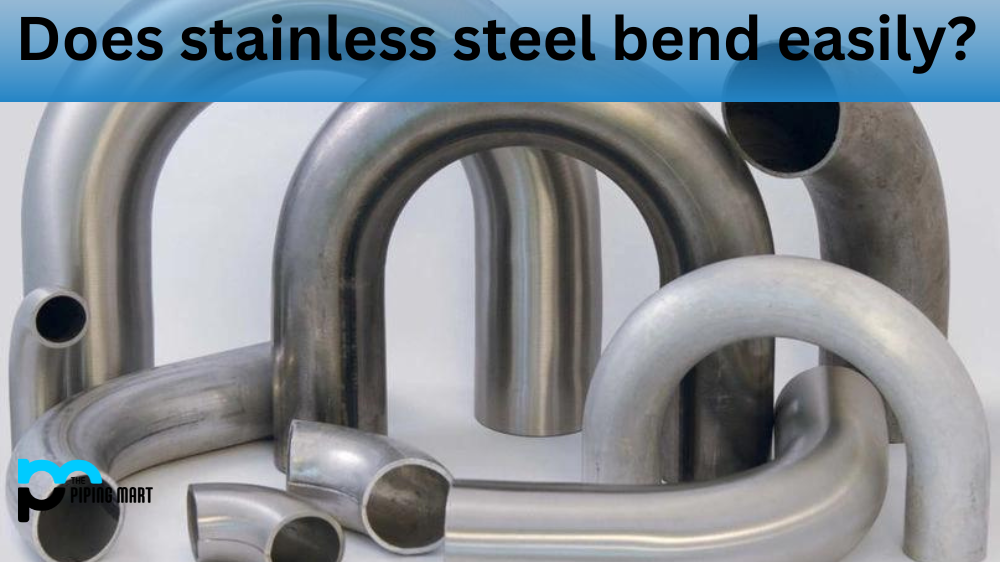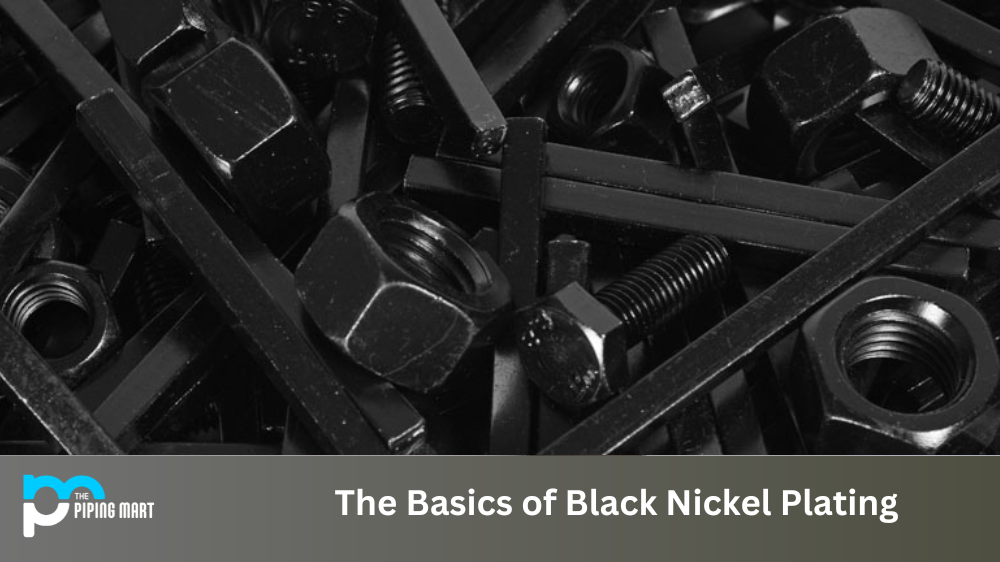When it comes to air conditioning units, there are two types of coils used to cool the air inside the home. The two most popular coils are an alloy coil and a copper coil. Each type has its own unique advantages and drawbacks. Let’s take a look at how alloy coil and copper coil differ from one another so you can make an informed decision when selecting an AC unit for your home.
Advantages of Alloy Coils
Alloy coils offer several advantages when compared to copper coils. Most notably, alloy coils are more resistant to corrosion than copper coils, making them a better choice for areas with high levels of humidity or other corrosive elements. Additionally, alloy coils tend to be more affordable than copper coils, making them the perfect choice if you’re looking to save money on your AC unit purchase. Finally, alloy coils offer superior heat transfer capabilities over copper coils since they have higher thermal conductivity rates. This means that they are able to transfer heat more effectively than their copper counterparts.
Advantages of Copper Coils
On the other hand, copper coils have some distinct advantages over their alloy counterparts. For starters, copper is extremely durable and can withstand high temperatures without any problems. In addition, copper transfers heat much faster than alloy, meaning that it cools your home faster than an alloy coil would be able to do so. Finally, because of its durability, a copper coil will last longer than an alloy coil before needing replacement due to wear and tear or corrosion-related issues.
Conclusion:
When choosing an AC unit for your home or business, it’s important to understand the difference between alloy coil and copper coil so you can make an informed decision about which one is right for you. Both materials have their own unique advantages and drawbacks depending on what you need from your AC unit—alloy offers affordability while being highly resistant to corrosion, while copper is more expensive but has superior heat transfer capabilities and extreme durability—so make sure you weigh all the factors before making your selection!
Sakshee is a talented blogger, with a particular focus on the Business and Metal Industry. She is passionate about sharing her insights on various metal products and helping professionals to make a better decisions.




